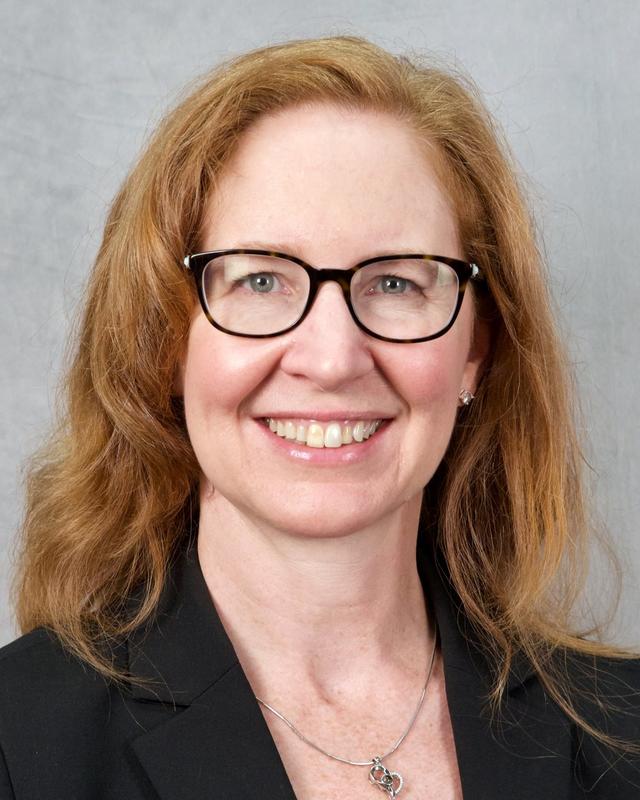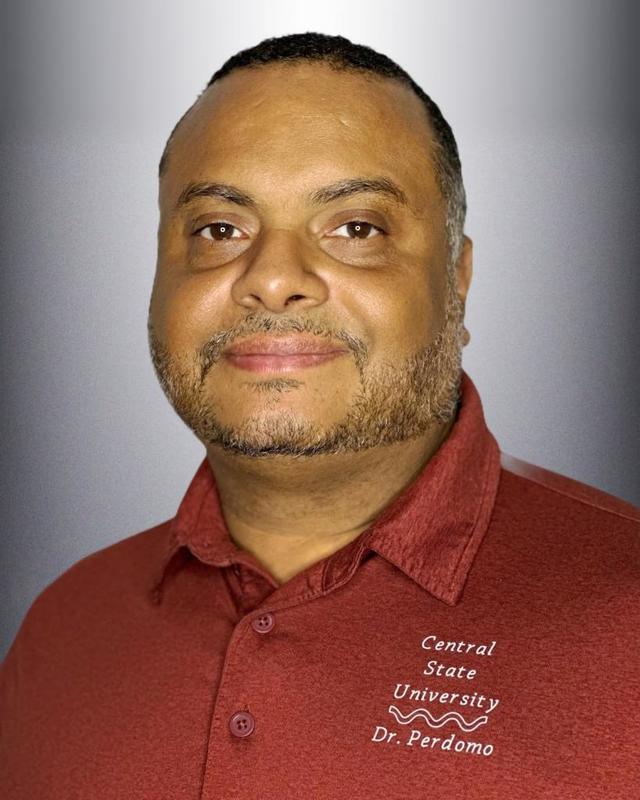
Central State to support social work student scholarships through Great Minds Fellowship Program

Earlier this summer, Ohio Gov. Mike DeWine and the Ohio Department of Higher Education (ODHE) wrote to Central State University’s new interim president, Dr. Alex Johnson, to congratulate the Institution for having been awarded a Great Minds Fellowship Program grant in the amount of $307,015.
According to the ODHE, the purpose of the grant — whose funds are to be released by March 30, 2025 — is to provide financial aid for eligible students who are within two years of graduating with degrees or certificates in the following academic programs:
- Social Work
- Marriage and Family Therapy
- Mental Health Counseling/Counselor
- Psychiatric/Mental Health Nurse/Nursing
- Substance Abuse/Addiction Counseling
Students who qualify must also be preparing to enter the behavioral healthcare workforce in the next one to two years. Additionally, they must be able to exhibit a dedicated commitment to serving in Community Behavioral Health Centers (CHBCs).

“We’ve only just been made aware that we’ve been awarded the Great Minds Fellow Program grant,” Dean of the College of Humanities, Arts, and Social Sciences Amy Hobbs Harris, Ph.D., said. “So, we’re still in the very early stages of planning and strategizing how best to release the funds to eligible students.”
“At least in these early stages, I can say that there will be an interview process in which we’ll be looking at students who might best qualify for the grant,” Chair of the Department of Social and Behavioral Sciences Dr. Edison Perdomo said.
With assistance from Hobbs Harris, Perdomo will be spearheading the logistical practicalities of how best to disperse the grant’s funds.
Perdomo and Hobbs Harris disclosed that they will choose 30 Central State students who will receive $10,000 each from the grant coffer. The remaining money, Hobbs Harris disclosed, will go toward administration and support expenses that will be required for what could be an exhaustive search.
“Especially since COVID, and really even before then, there’s a huge disparity in health,” Perdomo said. “This goes to mental health, obviously. But also, social work. And this goes to a need especially in minority communities and communities of low income. And, yes, when COVID hit, things became even worse.”
To tackle this disparity, Perdomo has looked to a number of agencies over the past few years that have attempted to narrow the gap through support from grants such as the Great Minds Fellowship Program.

“It’s about working with these agencies and organizations to figure out how we can increase the number of minorities and diversity in behavioral medicine and social work,” Perdomo said.
In addition to what can be costly certifications and licensures to become a part of the professional social work field, Perdomo noted too that students may need both administrative and financial assistance in finding appropriate internships to receive on-site training that will ultimately allow them to succeed after graduation.
“We’re the only public HBCU (Historically Black College or University) in Ohio,” Perdomo continued, “and a lot of our students are coming from places where social work — dealing with issues of substance abuse, or maybe family and child protective services — is a great need. When they come here, a lot of them understand, because of this need, that’s where they want to work.
“In many ways, they are more capable of providing the kind of social work these families need. But the training must be there so that we can prepare and support these students from those environments and cultures to go back to the community as social workers.”
Perdomo also feels strongly that because many Central State students may have a better chance at succeeding as social workers in communities to which they have more of a cultural connection, it is particularly unfortunate that challenging external barriers remain to their achieving licensures and certifications due to the exorbitant costs of both the tests and tutorial classes for same.
According to Perdomo, data and news items as of late point to these tests being biased against minority and underserved communities. This means there will be a larger failure rate for students who may not have the financial resources to become properly prepared to pass the required licensing and certification tests.
“The social worker community is aware that these expensive tests need to be made more fair for minority students and those from underserved communities,” Perdomo said. “It’s ironic because they really are the ones who, in many ways, are needed most in the field. Grants like this can even things out at least a little bit, and again help narrow the disparity that exists.”
As far as specifically at Central State, a portion of the grant is earmarked for Institutional development. Those funds can be used to help improve and expand programs at the University, including the possible addition of a master’s program for those Marauders who wish to continue their social work education at their alma mater.
“What this means is that the money from the grant is not just going to help our students individually, but also our program itself,” Perdomo said.
“As an HBCU, Central State’s mission is centered around community,” Hobbs Harris added. “Many of our students are indeed driven to be social workers. It’s not a field we need to heavily recruit for, and it’s one of the largest degrees in the college, with more than 125 students and growing. These students — often those who have firsthand experience with social workers from their youth—recognize the value and care and community; they really want to give back. They want to make that a pursuit and help their communities.”
Students interested in more information about the Great Minds Fellowship Program grant may contact Perdomo in the Department of Social and Behavioral Sciences.


